Professorship for Special Educational Needs and Inclusion
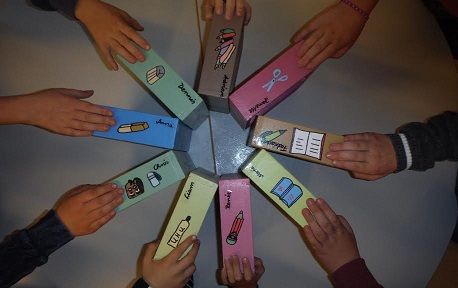
Chair of Special Educational Needs & Inclusion in the Development Foci Learning, Language, and Emotional and Social Development
In 2009, the schooling of children and youth with special educational needs at inclusive schools became a fundamental right in all German states thanks to the ratification of the UN Convention on disability rights. Accordingly, the education laws of individual states and the national legal framework for teacher education (December 2012) were amended, rendering the education of all children and adolescents in Germany a legal and moral obligation. These changes apply to primary schools as well as various kinds of secondary schools. Consequently, inclusive education is now regarded as a special form of teaching: it is not the joint education of children and adolescents with and without special educational needs in a single classroom, but rather a form of tailored teaching that is responsive to and supportive of every child's individual abilities. Each school must therefore provide the necessary conditions - in terms of space, materials and staff.
Students have special educational needs if they are unable to follow lessons at a regular school without extensive additional educational support. The support can cover different areas. For instance, children may have major problems with learning (special educational needs in the development focus learning), or behaving in an age-appropriate manner in social situations and reacting in an emotionally appropriate way (special educational needs in the development focus emotional and social development), or not being able to use language to communicate in an age-appropriate manner and not understanding language sufficiently (special educational needs in the development focus language). With a total of 4.2% (Dietze, 2012), the development foci in learning, language, and emotional and social development are the most frequent. However, pupils with other problems also sometimes need considerable support in order to achieve individual learning goals and socialise with their peers. Thus, children and adolescents with intellectual disabilities up to severe multiple disabilities (special educational needs in the development focus mental development) are entitled to inclusive schooling. Children classed anywhere on the autism spectrum, seriously ill and chronically ill children (special educational needs for in the development focus ill students), as well as children and adolescents with severe impairments in their physical and motor development (special educational needs in the development focus physical-motor development) all have a right to pursue their education in the nearest regular school alongside other children and adolescents. Pupils with so-called “sensory disabilities”, i.e. with severe hearing and visual disabilities (special educational needs in the development focus hearing; special educational needs in the development focus vision) also need very specific, very intensive special pedagogical support in order to be able to learn successfully.
At the University of Greifswald, key aspects of inclusion and the special development foci learning, language, and emotional and social development are comprehensively addressed as part of the teacher-training degree course for Regionale Schule (secondary schools up to year 10) in order to provide future teachers with sufficient curricular skills and the importance of affectionate respect when dealing with these “special” children and adolescents.
This involves an examination of the topic of “inclusive schooling”, a description of the individual special educational needs and the history of support for children with special educational needs. Students should acquire knowledge of key strategies for inclusive teaching for children with special educational needs in the areas of learning, emotional and social development, and language. This includes practical basics such as:
- Recognising the key characteristics of pupils with the three main types of special educational needs
- Requesting special pedagogical support, including devising a support plan
- Practical techniques for inclusive instruction
- Knowledge of theories and models to explain, for example, factors that influence learning at school
- Evidence-based selection of appropriate teaching materials and prevention programmes
- Internationally successful inclusive school models.
Contact us
Prof. Dr. Kathrin Mahlau
Professor
kathrin.mahlauuni-greifswaldde
Office
Anja Mitschke
Room 2.01
Ernst-Lohmeyer-Platz 3
17487 Greifswald
anja.mitschke1.uni-greifswaldde
Tel.: +49 3834 420 3709
Fax: +49 3834 420 3702

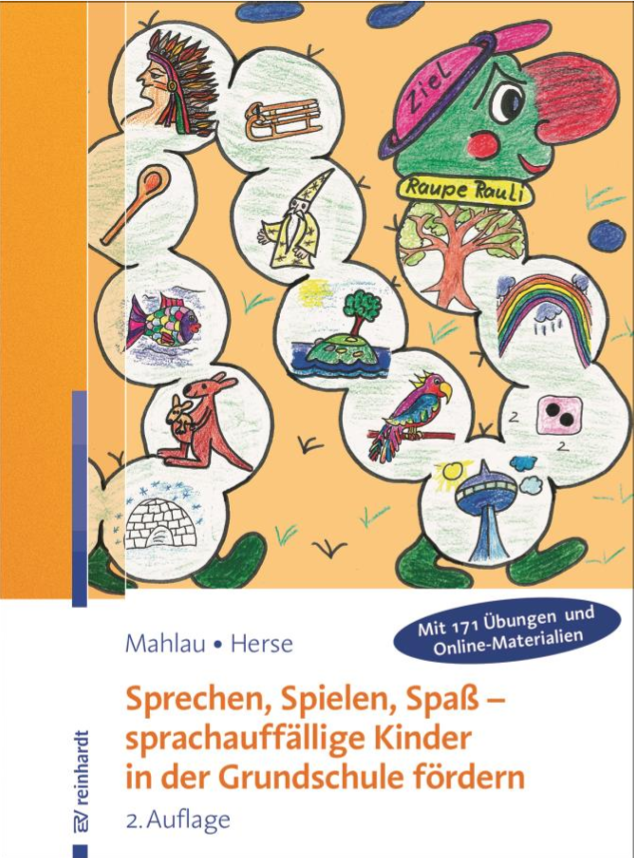
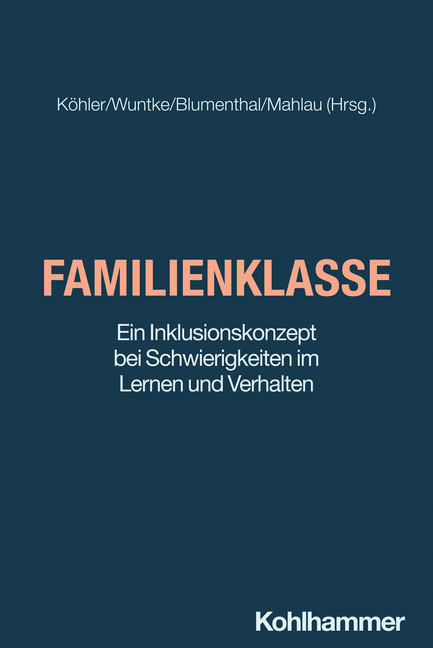
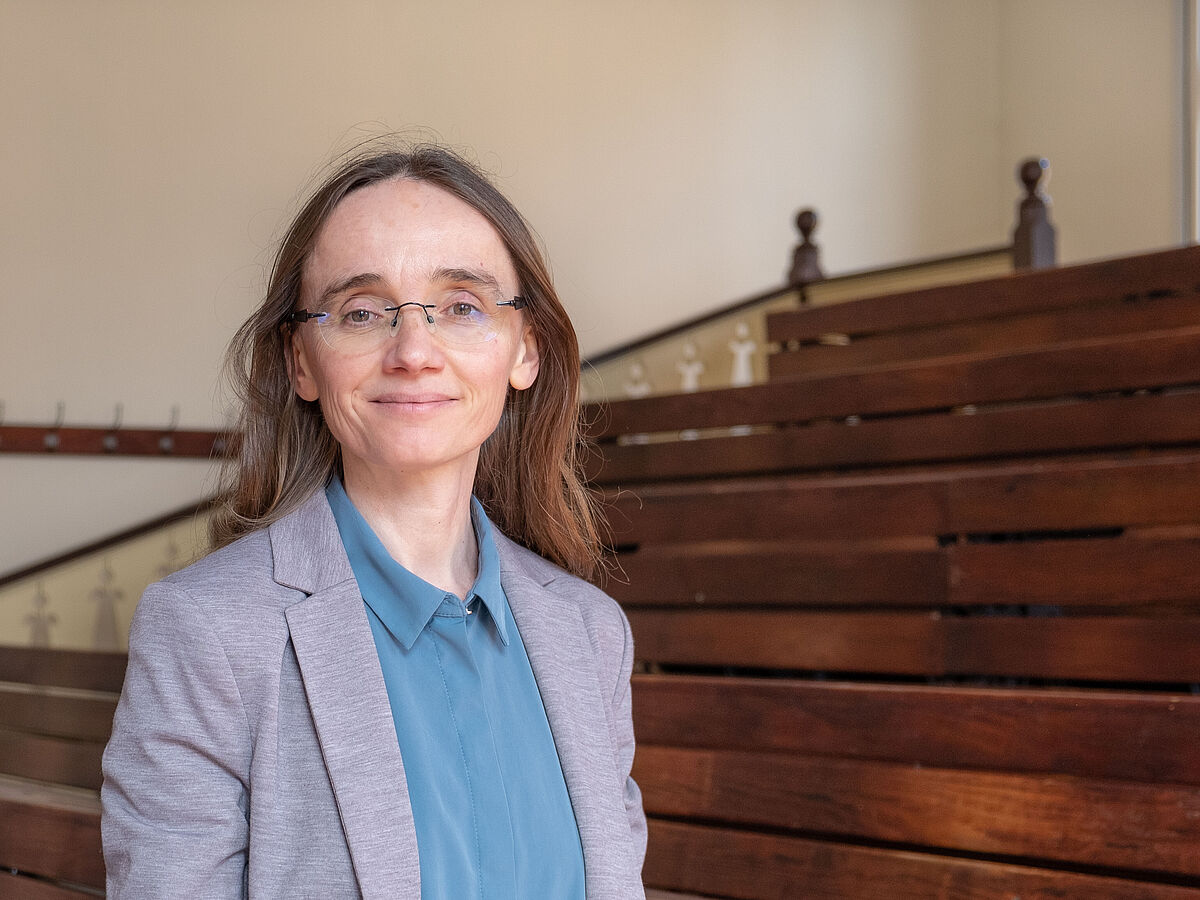
![Joachim Köhler [de]](/storages/uni-greifswald/fakultaet/phil/erziehung/Mitarbeitende/Lehrstuhl_Sonderpaedagogik/Koehler_quer.jpg)
![Anke Sagert [de]](/storages/uni-greifswald/_processed_/b/2/csm_csm_AnkeSagert_b7e4febee2_breit_ba8ebf7e3e.jpg)
![Lena Varuna Wuntke [de]](/storages/uni-greifswald/_processed_/7/d/csm_Foto_L._Stippl_4e39ffb47f.jpg)
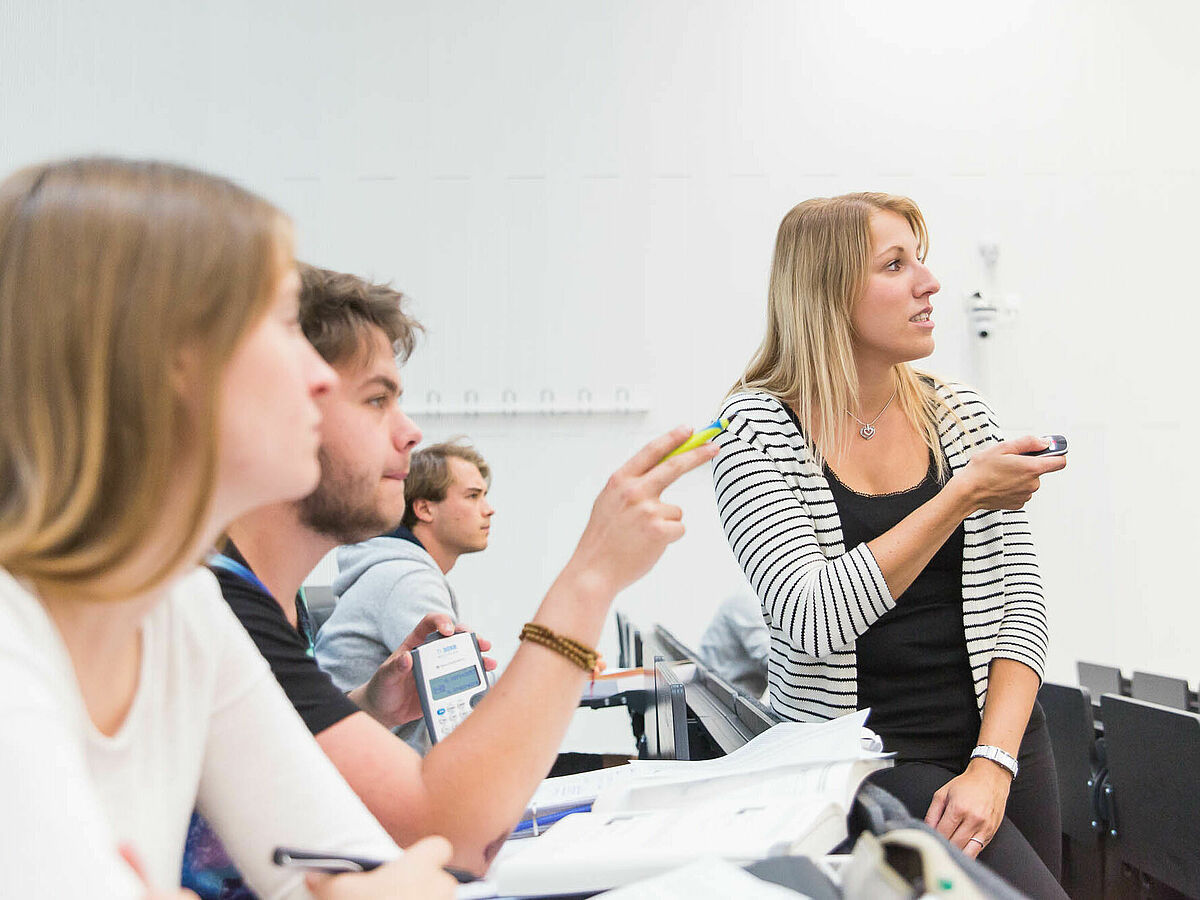
![Quality initiative in teacher-training programmes [de]](/storages/uni-greifswald/_processed_/2/9/csm_Lehrern_in_MV_Logo_mit_BMBF_quer_88c1283be9.png)
![Rügen Inclusion Model [de]](/storages/uni-greifswald/_processed_/e/3/csm_RIM_LOGO_klein_trans_0217c9c8b5.png)
![Material to encourage correct spelling RESAN [de]](/storages/uni-greifswald/_processed_/7/6/csm_Foto_Kind_bearbeitet_RESAN_Material_-_ASA_541699f348.jpg)
![Media library for special educational needs [de]](/storages/uni-greifswald/_processed_/1/4/csm_Lernwerkstatt_Grundschule_WS20_01_0277b57ad9.jpg)